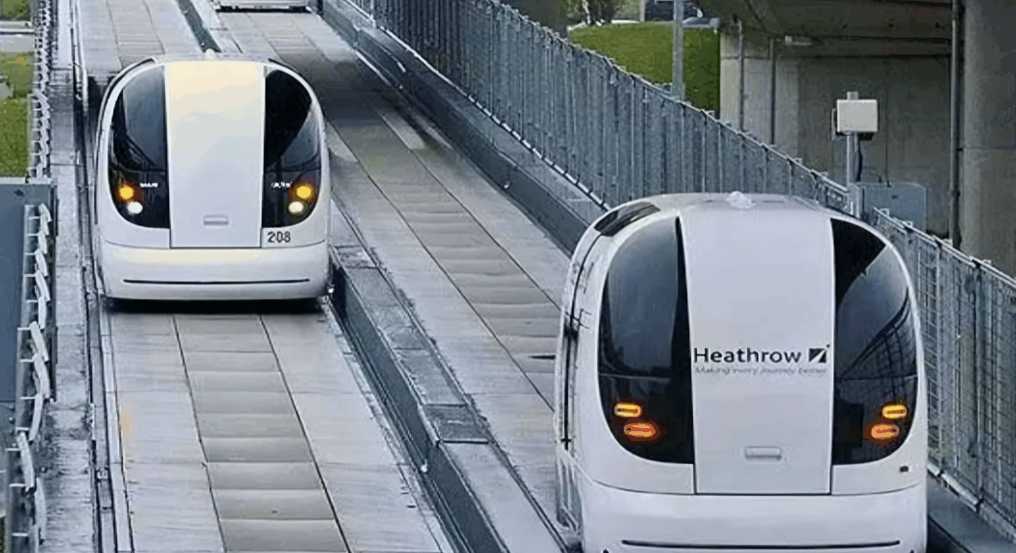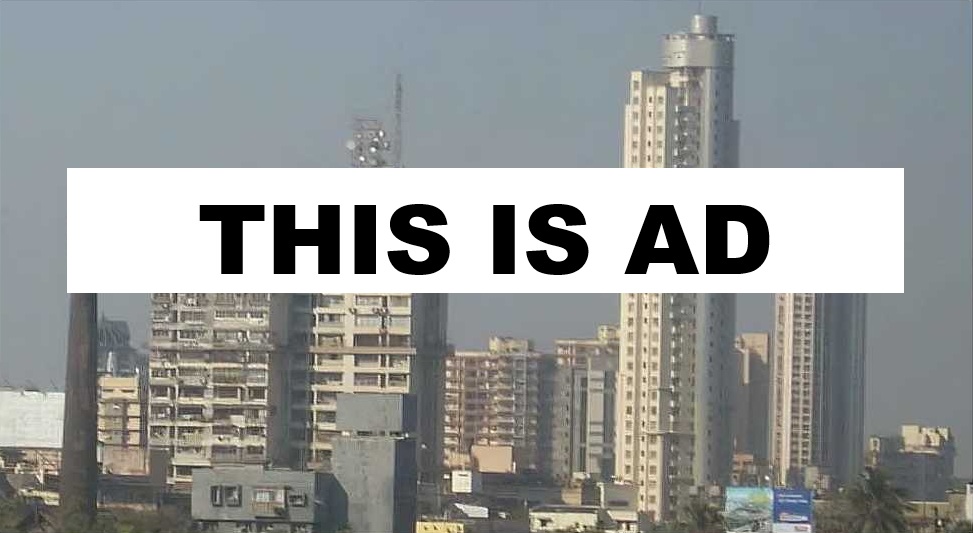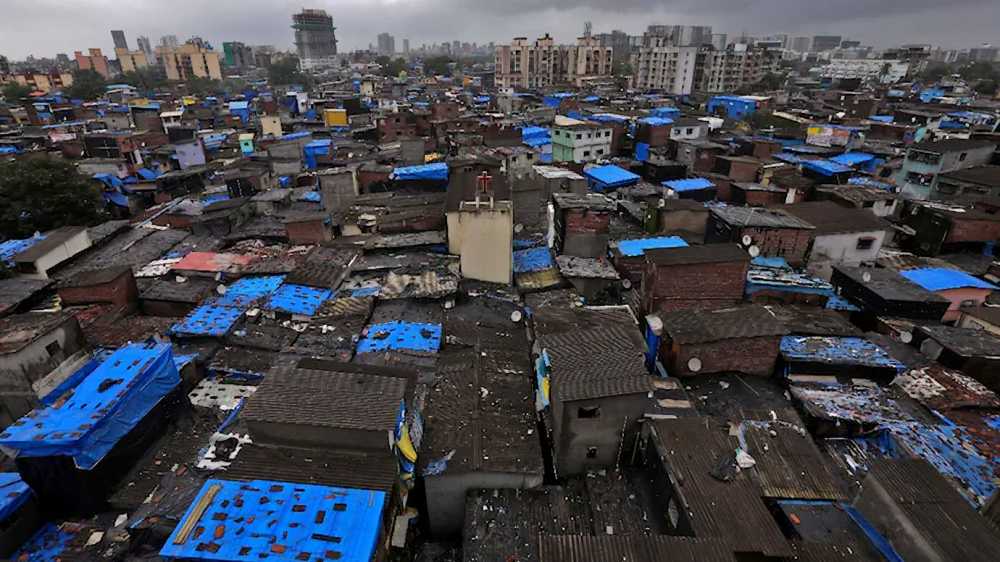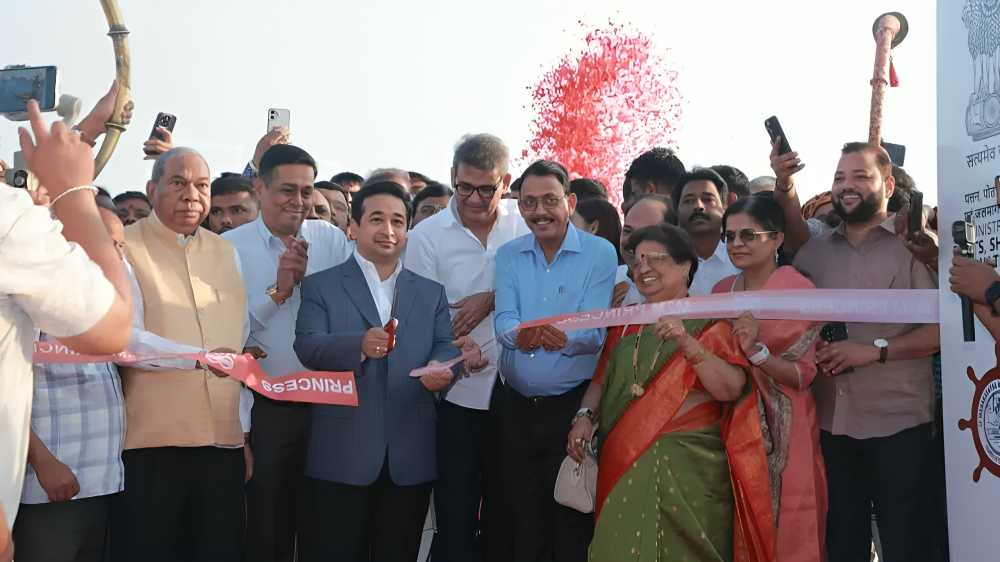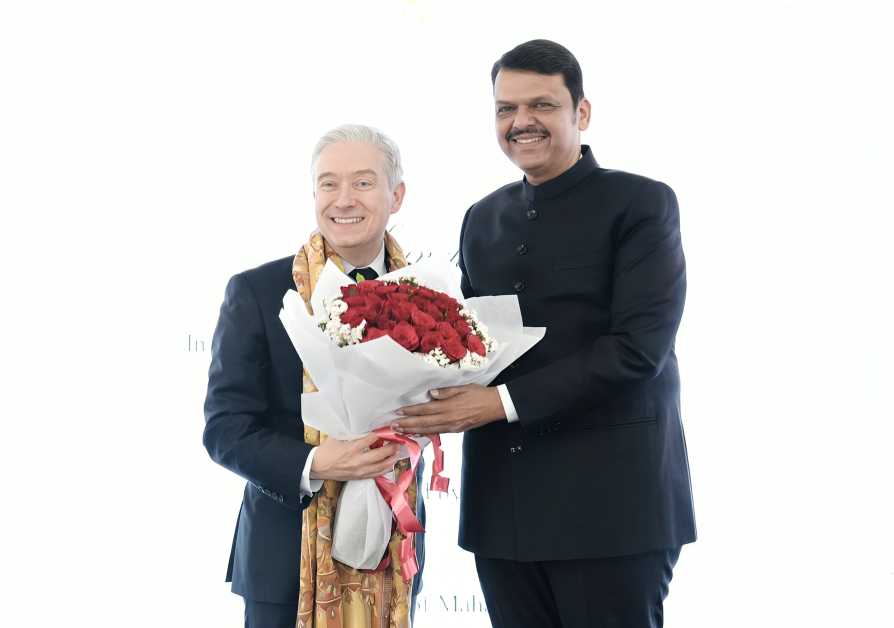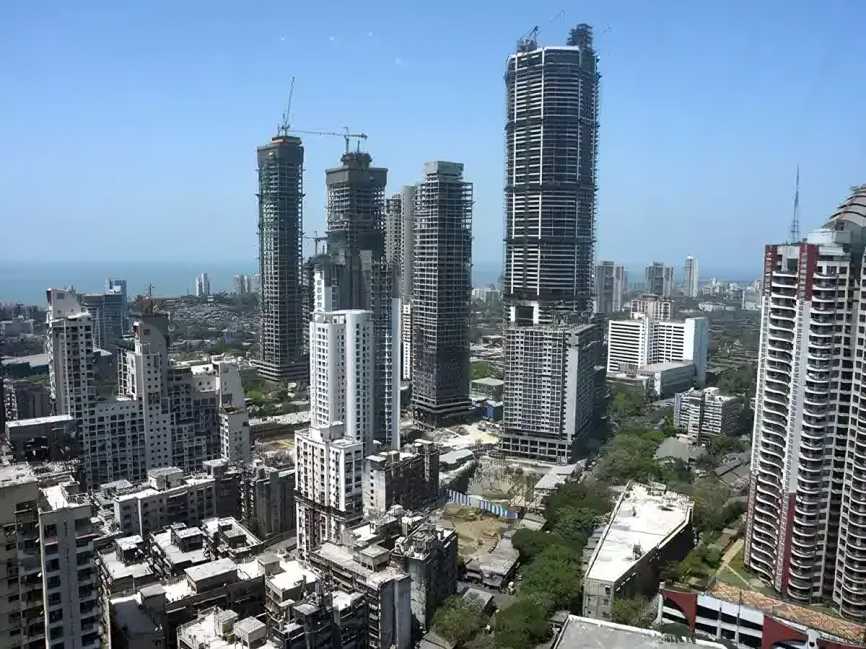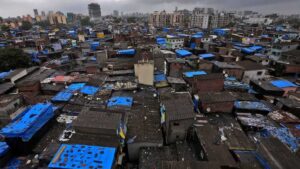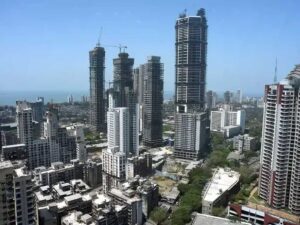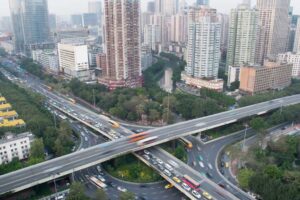November 17, 2025: The Maharashtra government has taken a decisive step toward transforming urban mobility by directing the Mumbai Metropolitan Region Development Authority (MMRDA) to initiate feasibility studies for India’s first pod-taxi network. The proposed Personal Rapid Transit (PRT) system is planned to link Thane, Navi Mumbai, and Mira-Bhayandar—three rapidly expanding regions struggling with traffic congestion and long commutes.
The initiative, led by Chief Minister Eknath Shinde, will be executed under a public-private partnership model, with the MMRDA serving as the nodal agency. Private firms have been invited to submit technical and financial proposals following initial surveys. The move comes as these satellite cities continue to experience rapid population and vehicular growth, placing immense strain on existing road networks.
Pod taxis—driverless, electric vehicles operating on elevated tracks—are being explored as a sustainable, high-efficiency solution. They offer zero tailpipe emissions, reduced noise, and seamless connectivity with existing metros and buses. Elevated guideways also eliminate the need for extensive land acquisition, making the system cost-effective and minimally disruptive. This project follows earlier concepts like the proposed BKC pod-taxi corridor aimed at easing movement within one of Mumbai’s busiest commercial hubs.
Each pod can carry 3–6 passengers and provides direct, non-stop, station-to-station travel, improving speed and comfort compared to traditional modes. Fully automated operations reduce human error and enable on-demand mobility suited for dense urban zones.
Globally, cities such as Abu Dhabi, London, and parts of South Korea and Japan already use pod taxis for last-mile connectivity. India’s model adapts these systems to its high-density metropolitan challenges.
Commuters have responded positively, expecting shorter travel times, improved air quality, and better integration with metro networks. While the project must still navigate cost, technology, and affordability issues, it marks a significant stride toward cleaner, future-ready transportation for the Mumbai Metropolitan Region.




